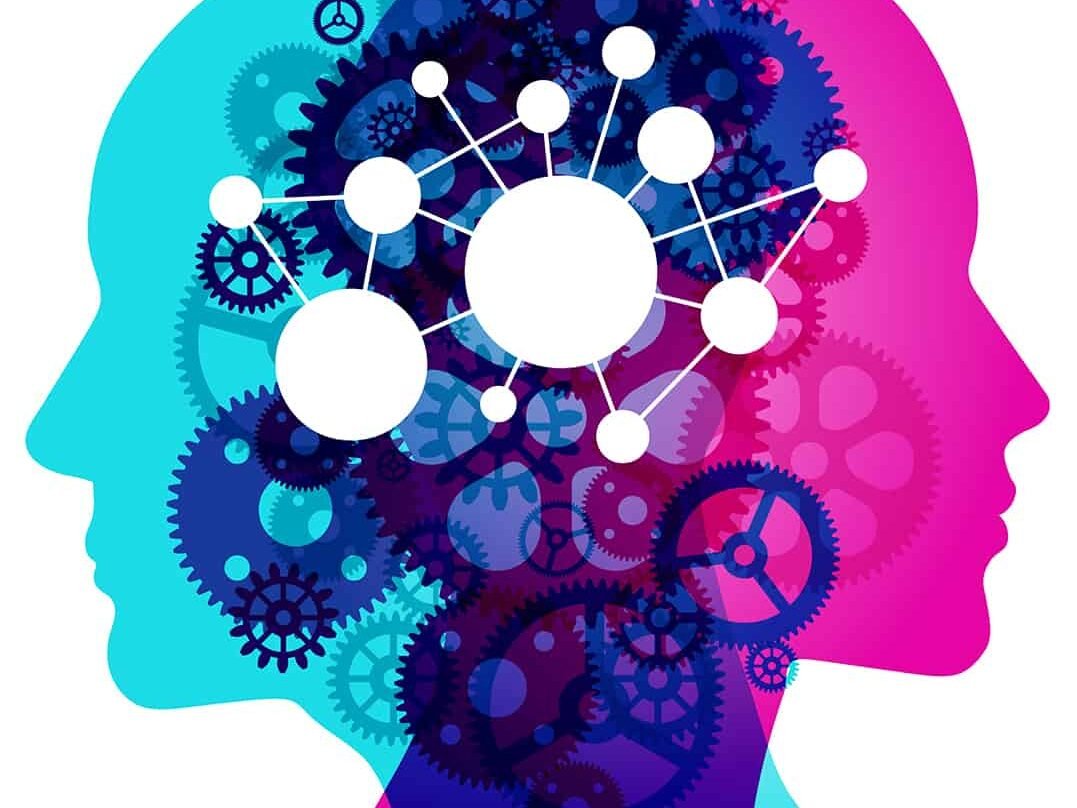Mental health is a crucial aspect of our overall well-being, affecting how we think, feel, and act. In recent years, there has been a significant shift toward recognizing the importance of mental health, leading to greater awareness and understanding of mental health issues. This article aims to explore the various dimensions of mental health, highlight the signs and symptoms of mental health disorders, and discuss the critical role of mental health awareness in fostering a supportive and informed community.
Understanding Mental Health

Mental health encompasses our emotional, psychological, and social well-being. It influences how we think, feel, and interact with others. Just like physical health, mental health is vital at every stage of life—from childhood and adolescence through adulthood. Unfortunately, many people struggle with mental health disorders, which can significantly impact their quality of life.
Common mental health disorders include anxiety disorders, depression, bipolar disorder, and schizophrenia. According to the World Health Organization (WHO), approximately one in four people will experience a mental health disorder at some point in their lives. These statistics highlight the prevalence of mental health issues worldwide and emphasize the need for increased awareness and understanding.
Signs and Symptoms of Mental Health Issues

Recognizing the signs and symptoms of mental health disorders is crucial for early intervention and support. Common indicators may include:
Changes in mood or behavior, such as prolonged sadness, irritability, or mood swings.
Withdrawal from social activities and a loss of interest in previously enjoyed hobbies.
Difficulty concentrating, making decisions, or completing tasks.
Changes in appetite or sleep patterns, including insomnia or excessive sleeping.
Feelings of hopelessness or worthlessness.
It’s important to remember that symptoms can vary significantly from person to person. Encouraging individuals to be aware of their mental health and recognize when they or someone they know may need help can lead to timely interventions.
The Stigma Surrounding Mental Health

Despite the progress made in mental health awareness, stigma and misconceptions continue to surround mental health issues. Many people still view mental health disorders as signs of weakness or personal failure. This stigma can prevent individuals from seeking the help they need, leading to further isolation and suffering.
For example, a study by the National Alliance on Mental Illness (NAMI) found that 64% of people with mental illness felt ashamed of their condition, while 45% believed that others would judge them negatively if they were open about their struggles. Such statistics illustrate the profound impact of stigma and highlight the importance of breaking down these barriers through education and awareness.
The Importance of Mental Health Awareness

Mental health awareness is crucial for several reasons. First, it helps to normalize conversations about mental health, making it easier for individuals to share their experiences and seek help without fear of judgment. Open discussions can lead to better understanding and empathy, ultimately reducing stigma.
Second, mental health awareness campaigns can provide vital information about resources and support available to those in need. Programs that promote mental health education in schools, workplaces, and communities can empower individuals to take charge of their mental well-being.
For instance, initiatives like Mental Health Month and World Mental Health Day serve as platforms for organizations and communities to raise awareness, provide resources, and advocate for better mental health policies.
Ways to Promote Mental Health Awareness

There are numerous ways individuals and communities can promote mental health awareness:
1. Organize Workshops: Host workshops or seminars in schools, workplaces, or community centers to educate others about mental health issues and available resources.
2. Share Resources: Utilize social media platforms to share articles, infographics, and personal stories related to mental health. This can help spread awareness and encourage others to seek help.
3. Encourage Open Conversations: Foster an environment where individuals feel comfortable discussing their mental health struggles. This can be done by actively listening and responding with empathy and understanding.
4. Support Local Initiatives: Get involved with local mental health organizations or initiatives. Volunteering your time or resources can make a significant difference in your community.
5. Promote Self-Care: Encourage friends and family to engage in self-care practices, such as exercise, mindfulness, and hobbies that promote relaxation and well-being.
By taking these steps, individuals can contribute to a culture of understanding and support for mental health.
Mental health is an integral part of our overall well-being, and raising awareness about mental health issues is essential for fostering a supportive and informed community. By educating ourselves and others, breaking down stigma, and promoting open conversations, we can create an environment where individuals feel empowered to seek help and support.
If you or someone you know is struggling with mental health issues, remember that help is available. Seeking assistance is a sign of strength, and there are numerous resources and professionals ready to support you on your journey to better mental health. Together, we can make a difference and promote mental health awareness for everyone.



